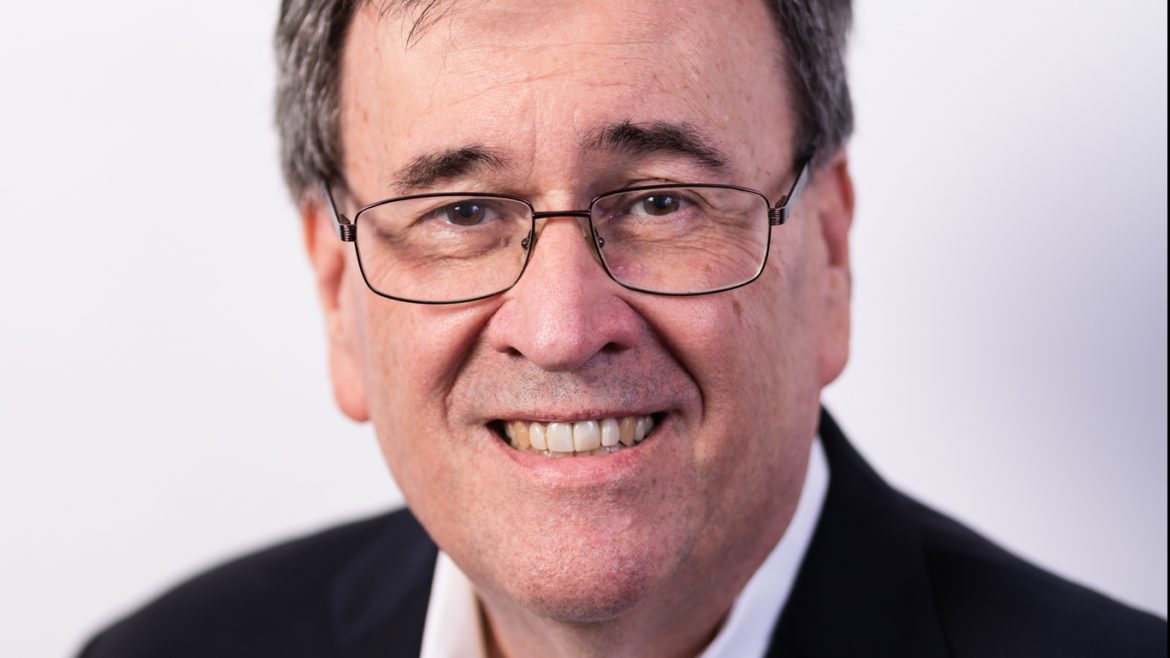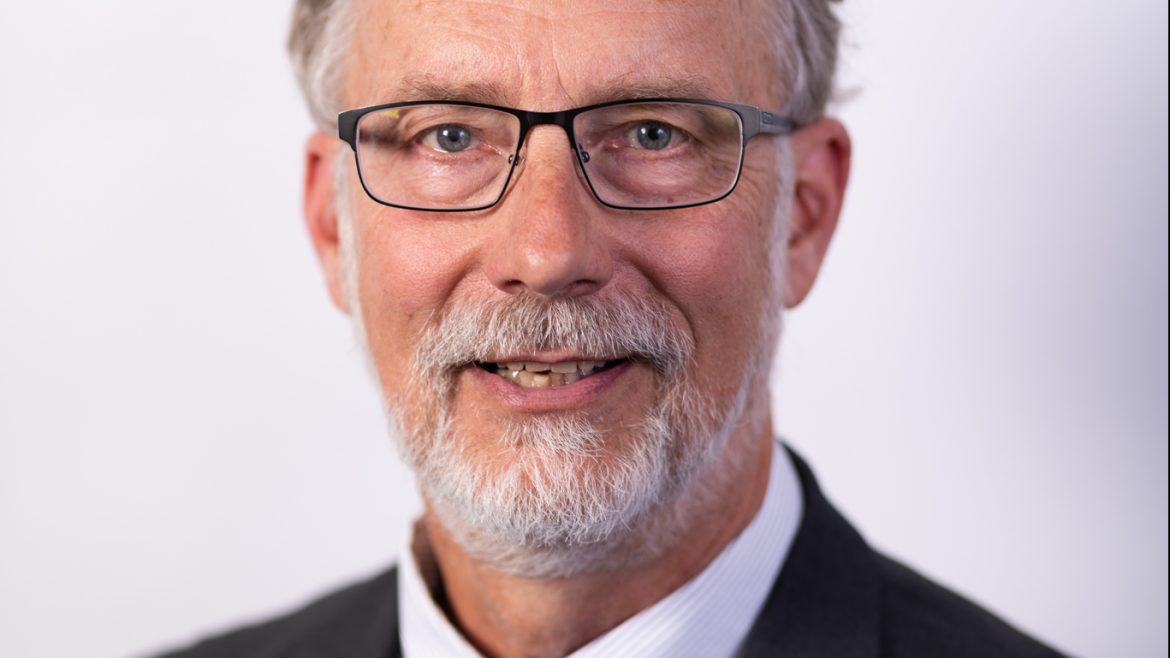There are some subjects that affect us all, even as Vincentians, and I wish we didn’t need to talk about them. This is one of them.
Sexual abuse of children and vulnerable adults is very real. We have read about it in relation to some of our most respected institutions; in fact, the greater the organization, the more news it makes. But even though there is no such current news of abuse within the Society of St. Vincent de Paul, we must not assume that it couldn’t happen. Or even that it hasn’t. We know that many cases of abuse, wherever and whenever it happened, are not reported.
Our National Council will consider a national Safeguarding policy next month at National Assembly. This policy will ultimately affect every Vincentian, as well as many others with whom we serve.
Our international leadership recognized the potential for sexual abuse in the work and relationships of the Society because we serve in a multitude of cultures and legal environments. Our work puts us in daily contact with people who are vulnerable because of their financial, housing, family, or other situations which at times become quite desperate. This desperation can lead to others taking advantage of these neighbors in need. The International Council provided a framework from which every National Council, and then local Councils, can create policies and procedures under what globally is called Safeguarding.
Our national group of Executive Directors were already exploring safeguarding practices after seeing how other groups have suffered from the lack of precautions, leading to instances of abuse followed by news reports and lawsuits. Our nation’s Bishops were already requiring Diocesan and Parish safeguarding practices for clergy and parishioners, and even for others using Church properties for their activities. While all of the requirements were directed at the same problem, they often differ from one Diocese to another.
A National Safeguarding Task Force was organized by President Ralph Middlecamp under the leadership of Guadalupe Sosa. This group took the international policy as a framework for its work, and used lessons learned from the Executive Director research, to create a proposed national Safeguarding Policy.
I won’t try to go through all of the policy’s details here, but there are a few overarching points that all Vincentians should consider. First, the national policy is best considered as a set of recommended policies and practices to be included in your local policies. Your local Council policy should be in concert with your Diocesan and state/local law requirements. Any truly “national” policy would have unfairly created conflicts and/or added duplicated requirements for some Councils.
Second, the task force looked first at our Rule. The “two-person” requirement for Vincentian services has many benefits; one is that having two people present with those we serve by itself prevents all types of abusive situations and accusations.
Third, our national policy recognizes the need for protection not only for youth, but also for vulnerable adults however they be defined. In one sense, as noted above, anyone we serve may be considered socioeconomically vulnerable. The policy also seeks to protect our services providers. We want to maintain every Vincentian’s safety in our service environments, and to prevent unwarranted, false abuse accusations that we have seen damage other organizations.
In addition to all of the Vincentian resources and services we provide, first and foremost our friends in need deserve to feel safe and be safe with us. Many of us assume this because we are good people. The news around us, however, reminds us that we can’t take such safety for granted, and we need to spend special attention to keep everyone safe in all the different works and places where we operate.
With the national policy’s adoption, we will focus on providing you with sample local safeguarding policies and best practices. We are already gathering these resources from Vincentian and outside organizations to help you. First though, we need your support. A special webinar will be held next week just for our National Council Members and Executive Directors where we will review the proposed national Resolution and policy and answer questions.
In our recent strategic planning membership survey, Vincentians told us that they are currently required to comply with background checks and fingerprinting among other safeguarding practices instituted for Church volunteers. Expect a similar set of practices for your Vincentian activities now or in the near future. This may appear both inconvenient and perhaps even offensive to you because, again, you are a good person. As good people under God, I pray that all of us will take these steps as part of our deeper relationship with those we serve. Their safety is a critical first step in our deeper love and support of all their needs.
Yours in Christ,
Dave Barringer
CEO




